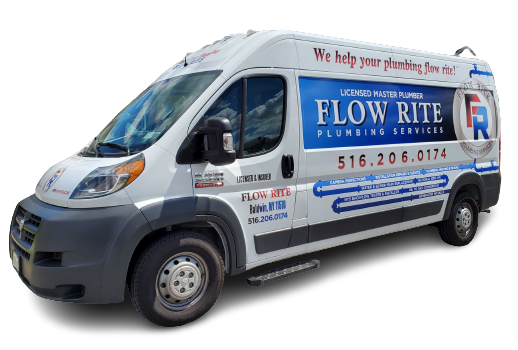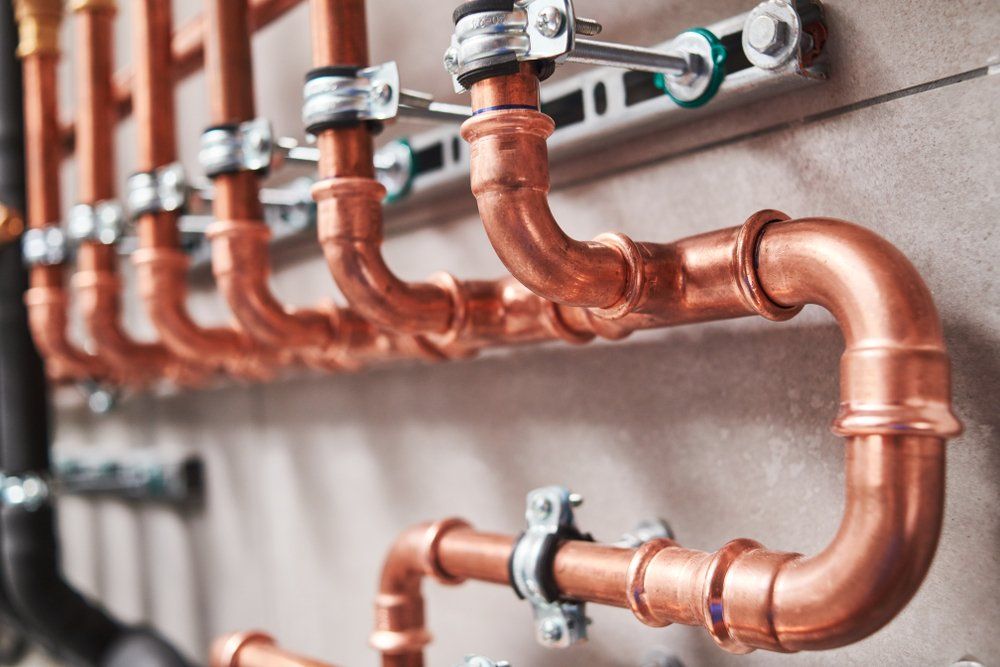711 Arlington Ave., Baldwin NY 11510
EMERGENCY PLUMBER 24/7 - PLUMBING SERVICES FOR NASSAU COUNTY & LONG ISLAND NY
30 Anchor Ln,
Levittown, NY 11756
Garbage Disposal Leaking?
Is My Garbage Disposal Leaking?
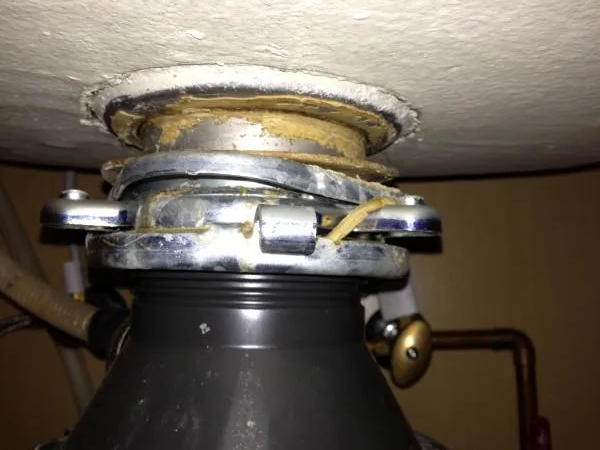
Garbage disposals usually leak from three places: the top, the pipe connections, and the bottom. To find out if your disposal is leaking, check each common place where leaks start. Use a flashlight to check for condensation, puddling, and other signs of water accumulation on or beneath your disposal.
Each common garbage disposal leak happens for a different reason. Usually, a minor component is simply too loose or it’s worn out. By finding where your garbage disposal is leaking, you’ll be able figure out why it’s leaking and how you can fix it. Here’s everything you need to know to fix your garbage disposal’s leak quickly and accurately.
Where is my garbage disposal leaking from?
There are a few spots to check regarding a Garbage disposal leak:
- At the top of the garbage disposal is what's known as the "The sink flange". This is where the sink and your garbage disposal are connected.
- The hose connecting your garbage disposal to your dishwasher. This hose is flexible and typically made of made of plastic connecting your dishwasher to your garbage disposal.
- "The drain line connection". This is regarding your main drain pipe and how it connects to your garbage disposal.
- The "reset button" on the bottom of the disposal. This button causes the garbage disposal to shutdown in the event there is
some sort of jam in the disposal or if the motor overloads.
How can I tell if my garbage disposal is leaking?
Checking under your kitchen sink is the first step. If you do have an easy to spot leak you'll possibly see puddles, dampness, dripping, or a musty smell. If you see any signs of leaking, check and make sure the leak isn't coming from the sink. Unless you have lighting under you sink, a flash light would be great to grab to look for common garbage disposal leaks.
At this point shut the garbage disposal off and unplug it. After that, fill up the sink halfway. If you have any food coloring adding it to the water will make spotting the leak a whole lot easier :
- Starting from the top, The sink flange: Check for dripping or water accumulation around the top and bottom of the ring of the flange. Use the flashlight to look for water coloring and feel for wetness by hand.
- The dishwasher hose connection: To properly look for this leak, you’ll have to run your dishwasher. Start the dishwasher without turning back on the disposal. Watch the hose as water runs from the dishwasher drain through it into the disposal. Pay particular attention to the connections between the hose and disposal.
- The drain line connection: Check the connection between the drain line and disposal. Pay particular attention to the screws that fasten the line to the disposal and to the gap between the disposal and drain line.
- The reset button: The reset button is in the center of the bottom of the disposal unit. Shine the flashlight under the disposal to look for it. Check for a slow, constant dripping or water accumulation beneath the unit.
Why is my garbage disposal leaking?
Each of the four common leaks outlined so far have different causes and fixes. Here’s where your leak is coming from and what caused it:
- The sink flange: The sink flange is held in place by plumber’s putty and bolts. If the putty deteriorates or the bolts rust or loosen, the watertight seal between the flange and sink may break, leading to your leak.
- The dishwasher hose connection: If the dishwasher hose is leaking, it’s usually because the screws holding it to the disposal have loosened. This can happen because of rust or simply as a result of time and jostling. It’s also possible the drain hose or clamp are leaking.
- The drain line connection: If the drain line is leaking, then either the screws securing to the disposal have worn out, or the rubber gasket inside the mounting assembly itself is leaking. Remove the screws, take down the drain line, and check the gasket inside for signs of wear and tear.
- The reset button: If your garbage disposal is leaking from either the reset button or any other part of the bottom of the disposal, then it probably means a seal inside the unit itself has worn out. This can happen when a garbage disposal gets old.
How to Fix a Leaking Garbage Disposal
Now that you’ve identified the where and why, you’re prepared to fix the actual problem. Luckily, fixing a leaking garbage disposal is usually pretty straightforward–even if the fix isn’t always what you’d like to hear:
- The sink flange: Unscrew the bolts and check for rust or other deterioration, and replace them if you find any. Then, remove the flange, scrap off the putty holding it in place, and reapply fresh putty. Turn back on the water to test the seal.
- The dishwasher hose connection: First, try using a screwdriver to tighten the screws on the metal clamp connecting the hose to the disposal. If the screws don’t seem to tighten properly, consider replacing them. It’s also possible the hose itself is leaking, in which case you’ll have to replace it.
- The drain line connection: You may be able to fix this leak by tightening the connection between the pipe and disposal. Try un-attaching and reattaching the pipe if tightening doesn’t work. If you’re still having issues, try replacing the screws or gasket. You could also use a pipe clamp and tighten with a screwdriver.
- The reset button: Unfortunately, if your garbage disposal leaks from the bottom, then it’s probably simply time to remove the garbage disposal and replace it. If one internal seal is worn out, after all, then the rest are probably getting there too.
These leaks can be fixed if you're able to follow these simple suggestions. Should you do so and still experience leaks or you just need to ask some questions, feel free to
call Flow Rite Plumbing. We’ve got everything we need to handle any garbage disposal problem you can throw at us.
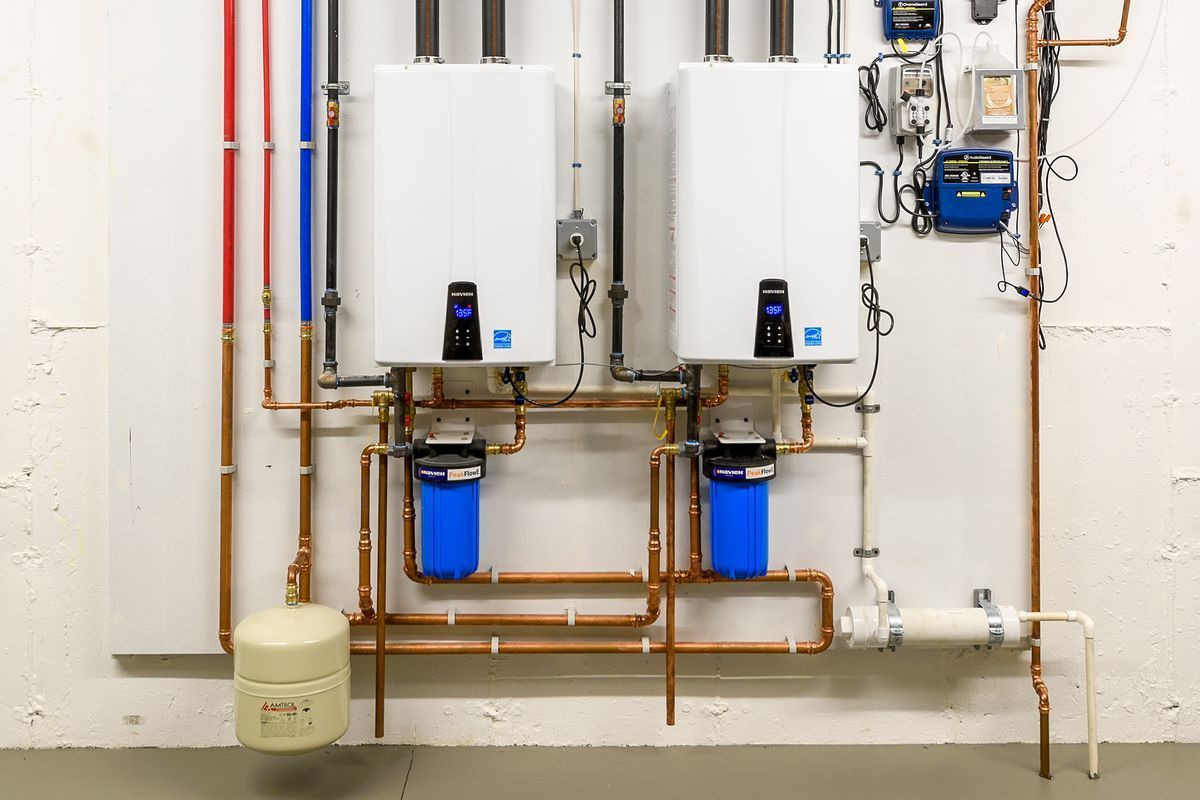
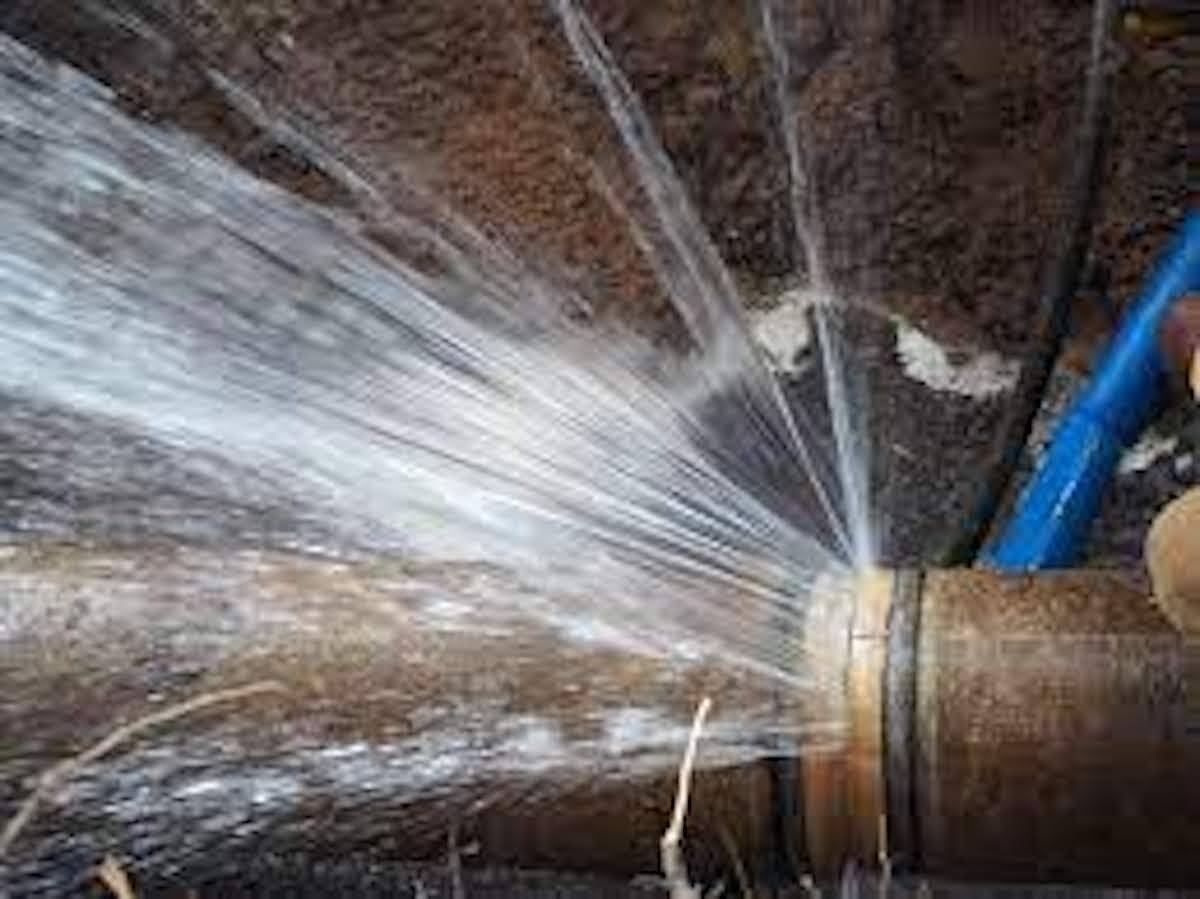
You might also like


BOOK AN APPOINTMENT
To cut down on your waiting time, simply book your appointment online.
Contact Us
We will get back to you as soon as possible.
Please try again later.
Quick & Reliable
We are available 24/7 - Call Today
Baldwin
(516) 206-0174 Call Now [+]
Levittown
(516) 605-6139 Call Now [+]
Help@Frplumbing.com
Email Us Directly [+]
711 Arlington Ave.
Baldwin, NY 11510
30 Anchor Ln,
Levittown, NY 11756
The region's leading professional plumbing service since 1990. Licensed & Insured Master Plumber for Long Island in Nassau County License# 2739
Follow Flow On Social
Plumbing
Kitchen & Bathroom
Home & Office
Pipe Service
Drain & Sewer
Water Heaters
Slab Leaks
Leak Detection
Serving Nassau & More...
Call 646.926.6073 or Email Support@onlinecultur.com with questions regarding this site. Site designed and optimized for search by Online Cultur. Flow Rite Plumbing Services - All Rights Reserved - Sitemap - Web Accessibility - Privacy Policy - Terms and Conditions

